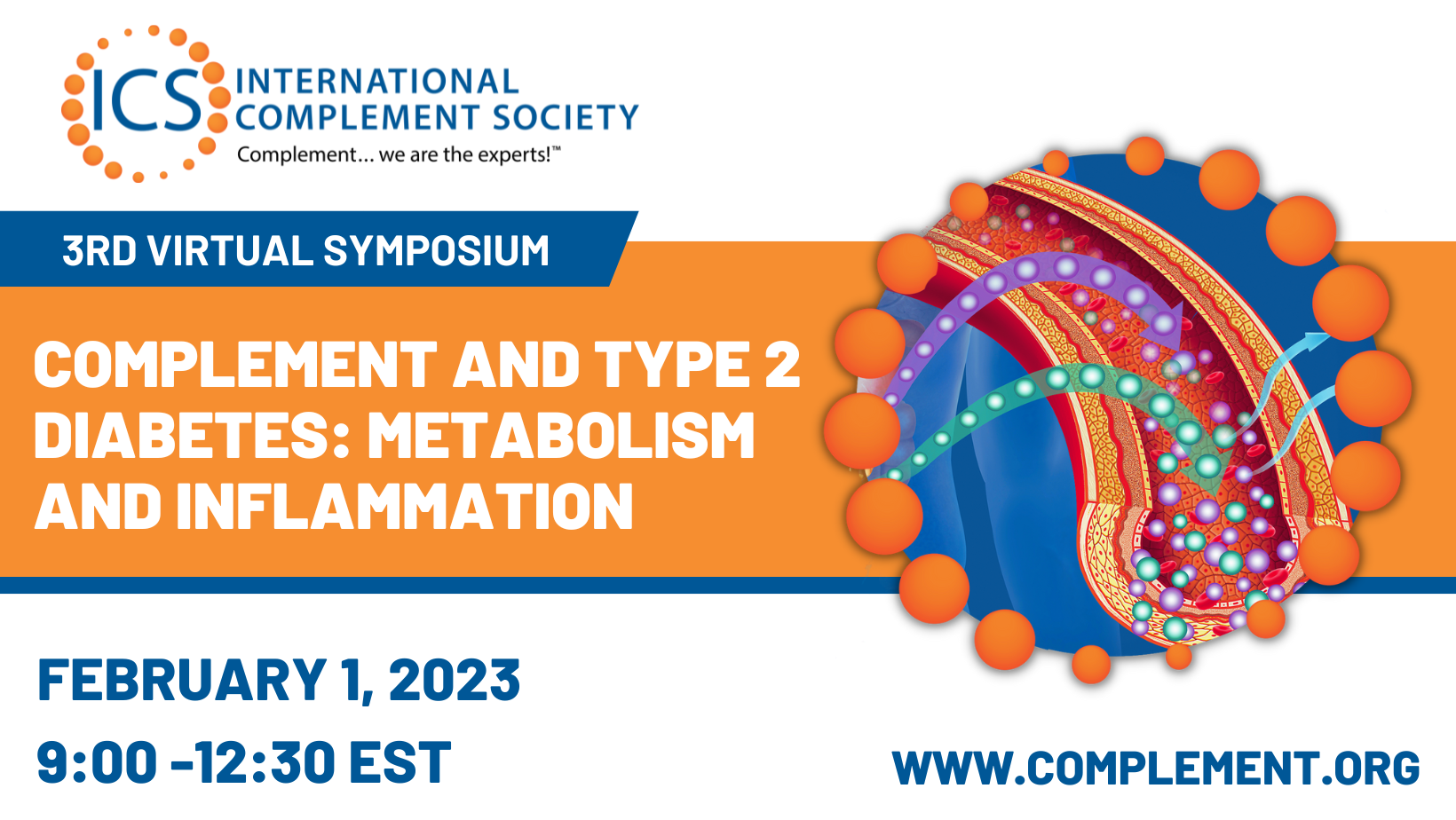
Type 2 diabetes is characterized by a loss of glucose homeostasis, caused by insufficient insulin secretion from pancreatic beta-cells, and development of insulin resistance in target cells of muscle, liver and adipose tissue. Recent advances have demonstrated how obesity-related low-level chronic inflammation contributes to insulin resistance, and complement has been implicated in this process. On the other hand, homeostatic auto-/para-crine or even intracellular complement has been implicated in metabolic signaling and proper function of beta-cells and insulin secretion. In addition, diabetes leads to peripheral complications including nephropathy, retinopathy, and neuropathy, affecting tissues which are all also sensitive to complement attack, as demonstrated by human deficiencies and GWAS studies.
View agenda & speakers
